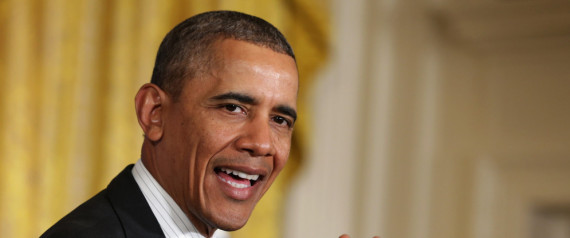JohnButts@JBMedia - Reports:
In the dreams of one infamous conservative writer, the GOP is the party of white people. But the reality is that the dream has already come true.
John Derbyshire was a columnist for the National Review before he was fired for defending his racism in print. Now, the erstwhile pundit is writing for white nationalists, and denouncing Republicans for trying to expand their tent and appeal to minorities:
He said “conservatives are the only people in the U.S.A. trying to ‘transcend contentious racial issues,’” but agreed with his “friend” — white nationalist Jared Taylor – that white people should stop trying to get along with black people. “Whites may as well start asserting themselves and join in fighting for the spoils,” Derbyshire said. “If that’s right, ‘colorblind conservatism’ is a dead end, and the future of the conservative movement is as a home for white ethnocentrism.”What’s funny, of course, is that this isn’t far from the GOP’s current position. Setting aside questions of policy and ideology, it’s a simply a fact that the vast majority of Republican voters are white. In 2012, 87 percent of self-described Republicans were white, according to a pre-election analysis from the Pew Research Center. Likewise, a 2013 survey from Gallup found similar results—89 percent of Republican responders were white, compared to 2 percent who were black and 6 percent who were Latino.
What’s more, on an ideological level, the Republican preference for low taxes, small government, and fewer services is attractive to white voters with high levels of ethnocentrism or racial resentment. To wit, in their book Us Against Them: The Ethnocentric Foundations of American Public Opinion, political scientists Donald Kinder and Cindy Cam find a strong connection between white ethnocentrism and opposition to higher spending on welfare, food stamps, and other public assistance programs. This, however, doesn’t extend to Medicare and Social Security—there, ethnocentrism correlates with higher support.
In other words, the stronger you identify with being white, the more likely it is you want cuts to welfare and other programs associated with minorities. By contrast, you don’t have the same antipathy for our entitlement
programs, which lack the same association.
This, it should be said, has a clean fit with the GOP’s domestic approach, which combines traditional entitlement spending with deep cuts to safety net programs like food stamps and unemployment insurance.
To return to Derbyshire’s argument, it is more than clear that the Republican Party is preferred vehicle of ethnocentric whites. But this isn’t to say that the party is prejudiced, or acting with ill-intent. Far from
it. Instead, it’s to make this observation: If you oppose spending on minorities, then your interests overlap with the party that opposes spending, period. Or, put another way, the GOP can reject the Derbyshires of the world, but as long as it sticks to small government conservatism, it can’t avoid them.
it. Instead, it’s to make this observation: If you oppose spending on minorities, then your interests overlap with the party that opposes spending, period. Or, put another way, the GOP can reject the Derbyshires of the world, but as long as it sticks to small government conservatism, it can’t avoid them.






 JohnButts@JBMedia - Reports:
JohnButts@JBMedia - Reports:



